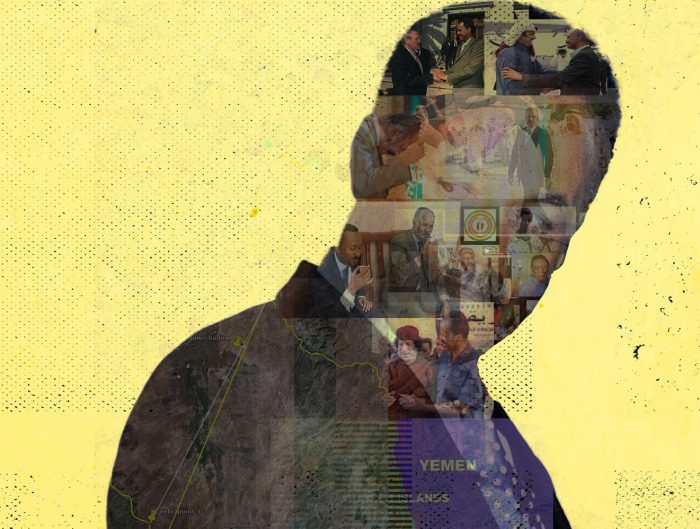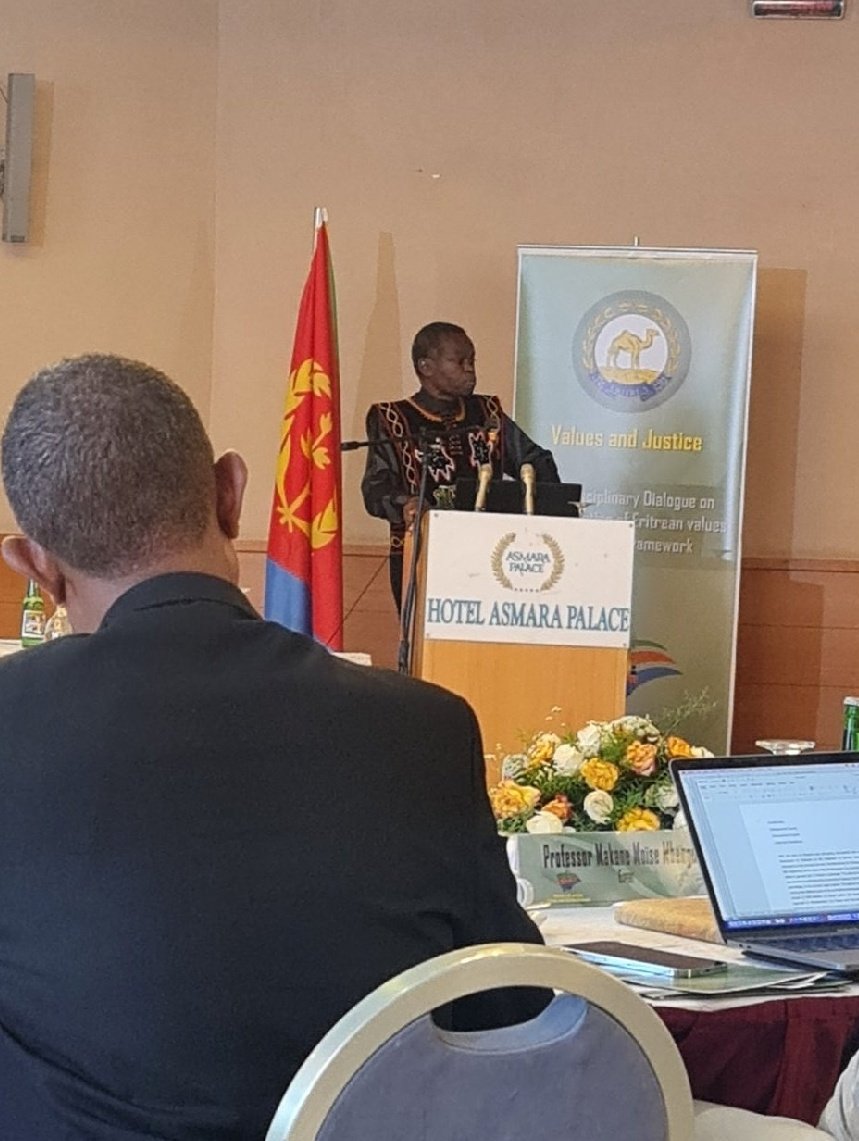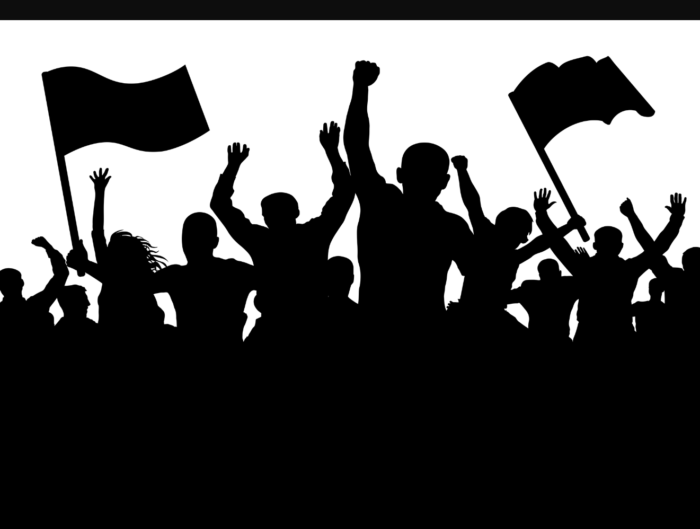The Ethio-Eritrean rapprochement is in its second year. The initial optimism has faded because the Eritrean regime has gone back to its old habit again; and old habits die hard. The border remains closed (the Eritrean government closed it!) without any explanation from either side. Trade has halted at the borders and even Ethiopian merchant ships stopped calling at the Massawa port. They had resumed visiting Massawa and Asseb, after almost twenty years, last year. The two countries may have resumed bilateral relations, but the agreements are still mysterious. When will the Ethiopian government totally lose its patience and begin talking openly in public about the Isaias regime’s belligerent, quarrelsome and mysterious behavior? There’s no indication as of yet.
In the meantime, little has changed for the vast majority of the Eritrean people. Those who can afford it, a small minority and the Diaspora supporters of the regime, travel to Addis Ababa and elsewhere. Those who cannot legally travel, flee the country to Ethiopia or Sudan. Of course, the regime has gotten a respite from its 20 years of isolation and is breathing easily again, thanks to PM Abiy Ahmed who rescued it. Will Abiy Ahmed, the Nobel laureate, use his considerable influence to push his newly found friend, the dictator Isaias Afwerki in Eritrea, to open up the borders again? There are no indications the prime minister is willing to do so.
What do the Eritrean people in and out of the country demand at this moment in history?
The regime fears like a plague any kind of organizing by the people and especially the opposition. They will do anything—from sowing discord by region or religion, sending their spies as fake opposition elements to disrupt and sow doubts in the minds of those seeking change. We need to always be mindful of the fact that they will try to have “their” people in any meeting, conference, organization, etc. no matter how insignificant. We need to be mindful of their disinformation campaign, which may not be readily visible sometimes, but is always working against any opposition to the regime. The regime spends annually an inordinate amount of money (estimated to be in the millions of dollars) to control the narrative and to frustrate and intimidate the opposition. That’s a lot of money given the country’s economic reality. Therefore, the opposition needs to do just three things: (1) organize, (2) organize, and (3) organize.
Civil Society
A civil society is a society considered a community of citizens linked by common interests and collective activity. Civil society is comprised of groups and organizations of non-for-profits working in the interest of citizens outside government. It also includes social movements, grassroots organizations and online networks and communities. Civil society encompasses all forms of social action carried out by individuals or groups who are not connected to the state. While some say Civil Society can be organized or not organized, others define Civil Society as organized and organic social and cultural relations existing in the space between the state, business, and family, which builds on indigenous and external knowledge, values, traditions, and principles to foster collaboration and achievement of specific goals by and among citizens and other stakeholders (1).
Civil society includes academia, activist groups, online groups and activists (Yiakl, etc.), community foundations or community organizations, charities, etc. Civil society works to limit power of the State and to increase political participation. We already have many such civil society organizations. We must encourage people to create more civil society groups (such as engineers, lawyers, doctors, nurses, teachers, journalists, etc.) and/or, preferably, join existing ones. It’s important in democracy to have such civil society that can advocate for reforms. Civil Society also includes radio, television or print media (AssennaTV, EriSat, Arena, etc.) and youth groups or clubs.
Civil society has an important role to play in society for development of dialogue as it brings communities together for collective action, mobilizing society to articulate demands and bring concerns, at local, regional, national, and international levels. Other roles include advocacy and campaigning, and watchdog (monitoring government compliance with human rights issues). Civil society play a great role in building active citizenship, motivating civic engagement at the local, regional or national levels (2).
Civil Society’s role in advocacy cannot be exaggerated. In the Eritrean context, advocacy requires focusing on influencing the influencers such as international organizations (UN and its multiple organizations UNHCR, UNICEF, and other organizations such as Oxfam, etc.), well known journalists, print and broadcast media, and the Ethiopian government and its many political parties. Advocacy includes raising awareness of issues, giving a voice to the marginalized, and agitating for change. These and other roles can be played by communities such as the Eritrean Diaspora throughout the world.
Furthermore, Eritrean Diaspora civil societies should encourage political and civil organizations to have a democratically elected leadership. In other words, develop a democratic culture and abide by it in all formal organizational works.
Eritrean civil societies should also not be afraid to actively and openly discourage the Eritrean youth from fleeing the country. Enough of the fear of dictatorial regime! Enough of the fear of those of us in Diaspora being called hypocrites! This is about the future of Eritrea! We must encourage them to stay home and fight the regime from within. Because, ultimately, change will have to come from within the country. Just like the Eritrean people created the Fronts to fight for independence, the Eritrean people must struggle for the rule of law and democracy from within the country. There is no other alternative.
Finally, one of the main goals of the Diaspora Eritrean civil society should be reconciliation. Reconciliation amongst all opposition groups. There is still too much resentment and mistrust, after all these years. We need to at least acknowledge the hurtful legacy of the Eritrean civil war between the legacy Fronts (mainly, ELF and the EPLF), the disinformation and defamation campaigns that have been and still being waged by both sides but particularly by the latter long after independence of the country. In order to create a unified opposition that would have the trust of each other, much effort by civil society groups must be exerted for reconciliation whatever form that reconciliation would take. The world-wide Yiakl movement, the existing civil society organizations and professional groups such as the Eritrean Law Society, which all undoubtedly will play important roles in the future of the country, should find a way to work together. It is crucial also that the global Yiakl movement along with other civil society organizations, should eventually be able to make their vision, mission, and the goals and objectives of our struggle crystal clear, and come together, and organize, organize and organize, in order to take the usurpers in Eritrea, Isaias Afwerki and his dictatorial regime, out!
Notes:
(1) K4D, Rachel Cooper, University of Birmingham, October 2018, What’s Civil Society, Its Role and Value.
(2) VanDyck, 2017.
(3) CSIS, Concept and Definition of Civil Society and Sustainability.





Leave A Reply